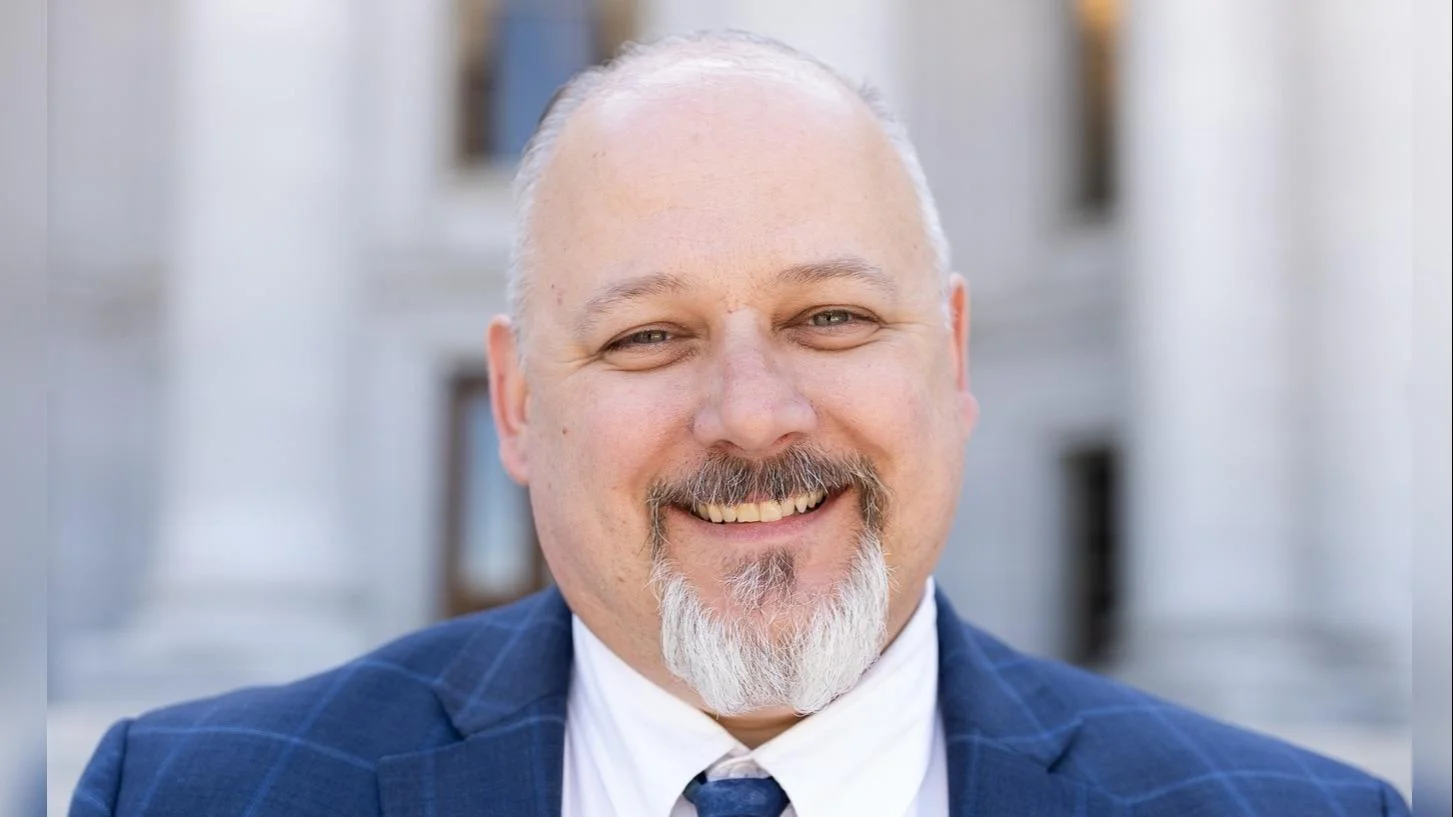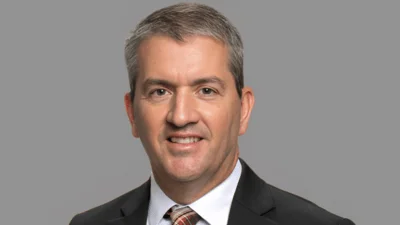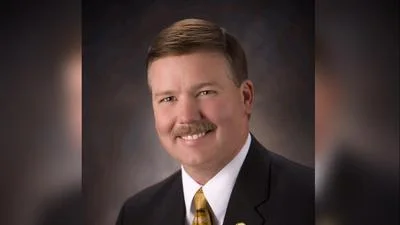Jesse L. James, Wisconsin State Senator for 23rd District | Official Facebook
Jesse L. James, Wisconsin State Senator for 23rd District | Official Facebook
According to the Wisconsin State Legislature's official website, the bill was described as follows: "establishment of a Palliative Care Council. (FE)".
The following is our breakdown, based on the actual bill text, and may include interpretation to clarify its provisions.
In essence, this bill establishes a Palliative Care Council within Wisconsin's Department of Health Services to advise on palliative care issues. Comprising medical professionals, patients, and industry representatives, the council's duties include evaluating palliative care program outcomes, assessing economic and quality of life impacts alongside curative treatment, and reviewing reimbursement mechanisms. It is prohibited from advising on physician-assisted dying. The council and DHS will create a statewide palliative care information program, and DHS must maintain an online resource hub. Biennial reports on palliative care access and impact will be submitted to the legislature. The bill specifies council membership criteria and mandates at least two meetings per year across various state regions.
The bill was co-authored by Representative Patrick Snyder (Republican-85th District), Senator Tim Carpenter (Democrat-3rd District), Senator Kristin Dassler-Alfheim (Democrat-18th District), Senator Dan Feyen (Republican-20th District), and Senator Melissa Ratcliff (Democrat-16th District). It was co-sponsored by Representative Mike Bare (Democrat-80th District), Representative Barbara Dittrich (Republican-99th District), and Representative Joan Fitzgerald (Democrat-46th District), along with 17 other co-sponsors.
Jesse L. James has authored or co-authored another eight bills since the beginning of the 2025 session, with none of them being enacted.
James graduated from Chippewa Valley Technical College in 2001.
James, a Republican, was elected to the Wisconsin State Senate in 2023 to represent the state's 23rd Senate district, replacing previous state senator Kathy Bernier.
In Wisconsin, the legislative process starts when a senator, constituent, group, or agency proposes an idea for a bill. After drafting, the bill is introduced, numbered, and referred to a committee for review and public input. If approved, it moves through three readings and votes in both the Senate and Assembly. Once both chambers pass the same version, the bill goes to the governor, who can sign it, veto it, or let it become law without a signature. Only a small share of bills introduced each session ultimately become law. You can learn more about the Wisconsin legislative process here.
| Bill Number | Date Introduced | Short Description |
|---|---|---|
| SB39 | 02/12/2025 | Establishment of a Palliative Care Council. (FE) |
| SB23 | 02/05/2025 | Extension of eligibility under the Medical Assistance program for postpartum women. (FE) |
| SB21 | 02/05/2025 | Creating an employee ownership conversion costs tax credit, a deduction for capital gains from the transfer of a business to employee ownership, and an employee ownership education and outreach program. (FE) |
| SB17 | 02/05/2025 | Special circumstances battery to a community service officer and providing a penalty |





 Alerts Sign-up
Alerts Sign-up